October 2020
When you hear the words environmental conservation, what do you think of? Cue the dreamy tropical music filled with ukuleles and marimbas. Aerial shots of beautiful landscapes with waterfalls and lush trees. Tropical beaches with sea turtles hatching. Joyful spider monkeys hopping from branch to branch.
Oh don’t worry, that’s not just a dream. Environmental conservation work really is that incredible, especially when you can experience it somewhere like Perez Zeledon, Costa Rica.
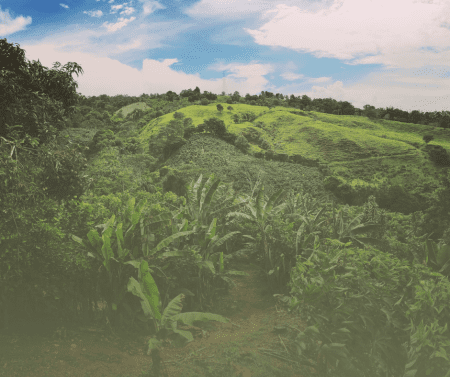
But sometimes international travel isn’t an immediate option, especially with a global pandemic. While you can save your spot to work hands-on in Costa Rica with AMIGOS, what can you do in the meantime? Luckily, conservation doesn’t require long distance flights. You can make a difference for the environment right in your own backyard!
Here are 9 ways you can do environmental conservation work at home:
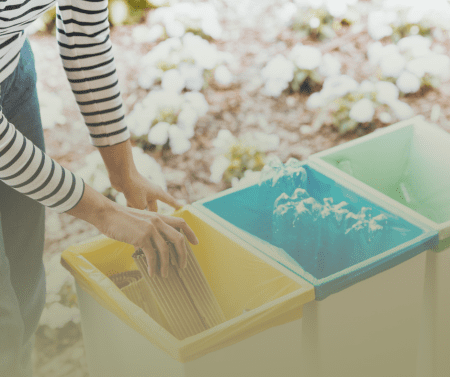
Recycle
Recycling is a super simple way to make a huge difference! Most types of glass, paper, metal, and plastic can easily be put into a recycling bin if they’re rinsed or wiped off. Biodegradable items are also great!
Recycling isn’t just about sorting your trash, however. Recycling is also reusing things you already own. Whether it’s trading plastic bags for cloth grocery bags, using old jars for storage, or upcycling old clothes, there are millions of things to recycle at home.
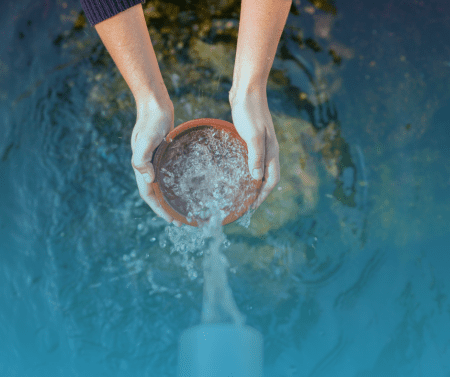
Use less water
Clean water may be super accessible from your kitchen sink, but that isn’t the case everywhere. Clean, fresh water is becoming more scarce, and if we don’t try to protect it now, it won’t be accessible in the future. But this doesn’t mean you have to give up showers quite yet. You can save water in small ways, such as turning off the faucet when you brush your teeth. Only washing a load of laundry when it’s full also conserves water use. Also, don’t forget to be mindful of storm drains that lead to the ocean! Make sure not to dump paint or oil, otherwise it will go straight to our aquatic friends.
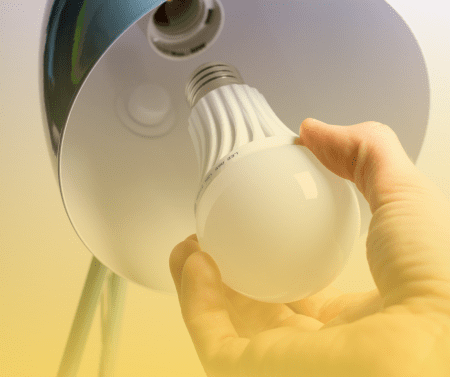
Turn things off
Use less electricity! Less energy being used means less energy being created by things that are harmful to the environment, like power plants that can increase air pollution. Just like using less water doesn’t mean giving up washing your hair forever, this doesn’t mean you have to switch to candle light 100% of the time. Turn off the T.V. if you’re not watching it. Make sure the lights are off when you leave the room. Set your air conditioner to a higher temperature or off when you leave. You can also switch out your standard lightbulbs for energy saving ones!
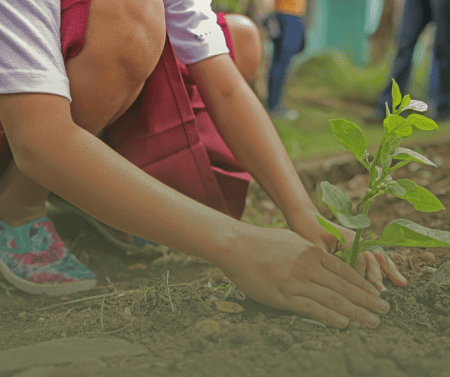
Plant a tree
Trees are a vital part of our ecosystems. They create oxygen, which helps clean the air by reducing pollution. They also combat global warming and the greenhouse effect. Can’t plant a whole forest? That’s okay! Starting somewhere is better than doing nothing, so you can plant a small tree from a garden center in your yard or even keep a small tree in a planter until it gets bigger.
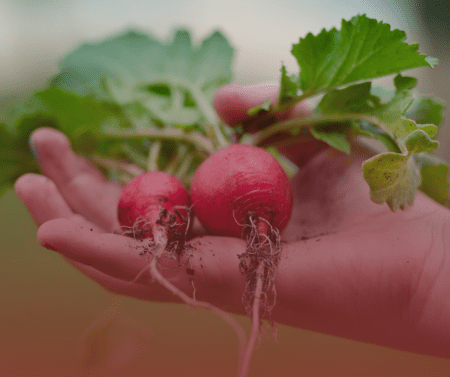
Grow your own salads
Have you ever tasted vegetables fresh from being picked? There’s nothing quite like knowing you made your own meal from the dirt up! Starting your own farm may take a little time, but you can easily plant small seeds for easy-to-grow foods like cucumbers, lettuce, tomatoes, onions, hot peppers, and more. Some of these can even be grown from the rinds by putting them in a cup of water, like green onions!
Want more space for a garden but don’t have a yard? Many cities have community gardens. These are plots of land you can often pay a small fee to rent and share with other gardeners. They often have classes and hands-on support for those new to the garden game!
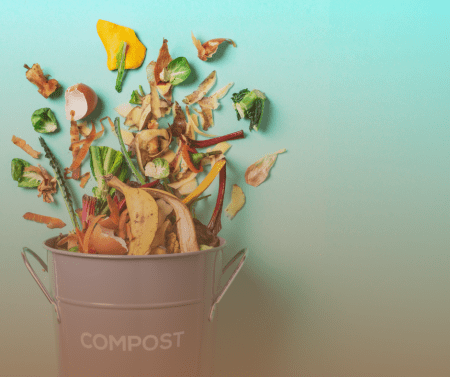
Start a compost bin
Want to find a new place for your organic waste AND make your new vegetable garden flourish? You can start a compost bin! Composting utilizes things like vegetable peelings, tea bags, fruit rinds, leaves, cardboard, newspaper, etc. While traditional compost piles may take up a lot of space, you can DIY your own using a variety of materials. Not so crafty? You can find premade kits online as well!
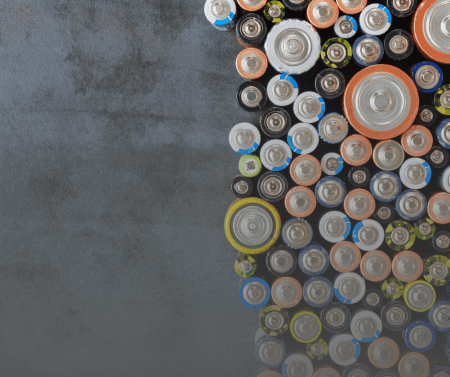
Recharge instead of replace
Did you know that batteries contribute to air pollution? When they begin to degrade, they release toxic chemicals into the air, which contributes to global warming and the greenhouse effect. But you can easily switch to rechargeable batteries! They might cost a bit more upfront or be a little harder to find in-store. But they’ll help the environment and will save you from having to buy more batteries in the future.

Check your engine light
If you have a car, making sure it stays in good shape is important on so many levels. Safety and longevity are the obvious reasons. But did you know that cars that aren’t maintained can release more chemicals and toxic gases into the air than a properly maintained vehicle? Getting your oil changed takes on a whole new level of importance! If you change any fluids yourself, be sure to properly dispose of them to avoid any harmful chemicals getting into the ocean. A happy car also means a longer car life, which contributes to the bigger picture of slowing down car production.

Talk about conservation
The easiest way to make an impact is to build awareness! When you share what you’re passionate about with other people, it helps them understand why the topic is important to begin with. You don’t have to be a full-time conservationist to talk about saving the environment. Sharing this blog can be a powerful first step!
You can talk to your family about starting a competition for who recycles the most in the house. Maybe you can make a short TikTok explaining your new compost pile. Or you could start a group chat with your friends about starting a garden!
Conservation work doesn’t have to be big to make a big difference.
You can make an impact in your everyday life with these nine ways to start protecting the environment. This might even inspire you to design your own service project for your community based on conservation, like some of our volunteers did during their experience in the Community Impact Project.
Want to explore hands-on environmental conservation in Costa Rica? Apply now for limited spots on our AMIGOS Gap Program in Costa Rica for spring 2021!
Latest posts by asundstrom (see all)

